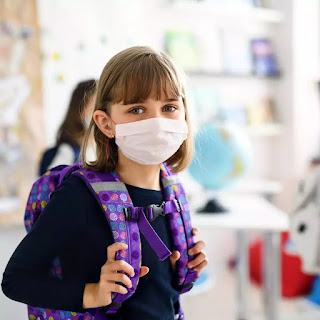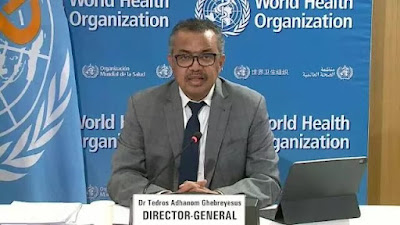Bacteria causing Typhoid is becoming more resistant to antibiotics, new study in Lancet sounds alarm

Bacteria causing Typhoid fever are becoming increasingly resistant to some of the most important antibiotics used to treat the disease, according to a study published in The Lancet Microbe journal. The study which constitutes the largest genome analysis of Salmonella enterica serovar Typhi (S. Typhi) also shows that resistant strains — almost all originating in South Asia — have spread to other countries as well. Antibiotics can be used to successfully treat typhoid fever infections, but their effectiveness is threatened by the emergence of resistant S. Typhi strains, the study observes. “The speed at which highly-resistant strains of S. Typhi have emerged and spread in recent years is a real cause for concern, and highlights the need to urgently expand prevention measures, particularly in countries at greatest risk,” said the study’s lead author, Jason Andrews, from Stanford University in the USA. While typhoid is most prevalent in South Asia – which accounts for 70 per cent of the gl...




